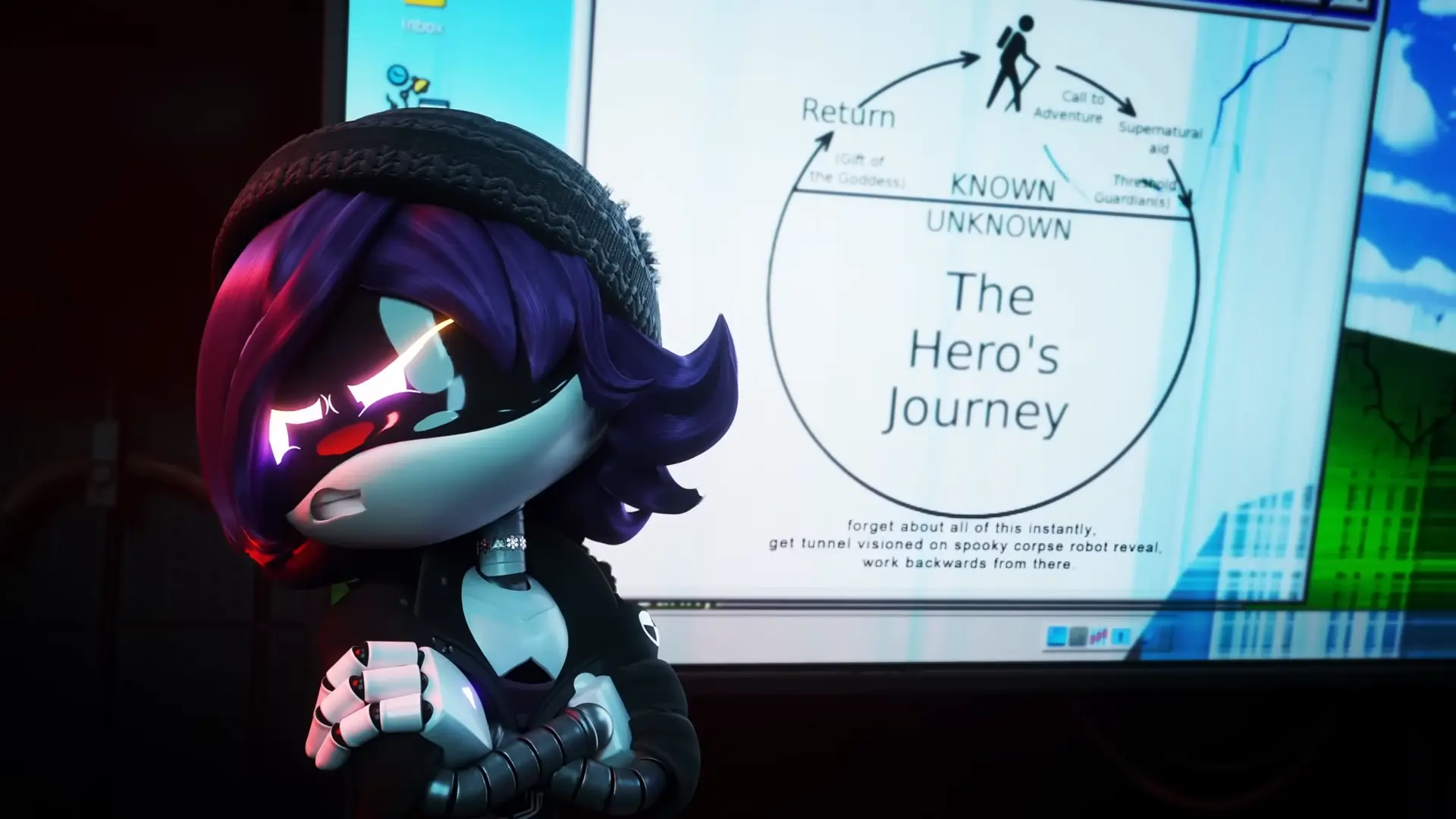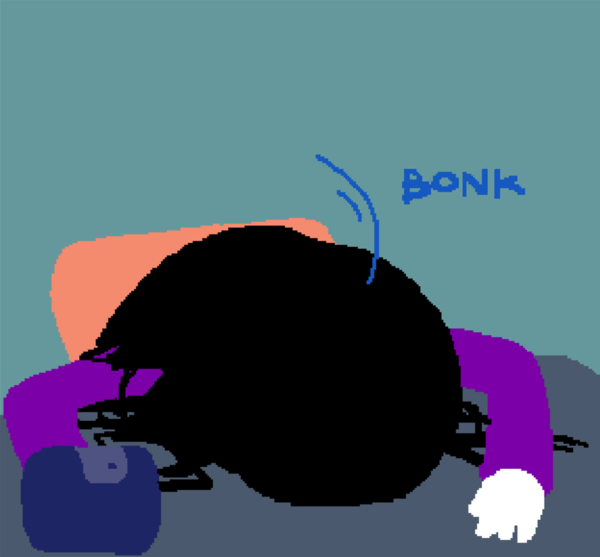Interloper is an unfiction ARG series for source nerds. It feels like Interloper was laser-targeted to drive me specifically insane, but it turns out that was true for a lot of people. After three years the first episode has 856k views, and the recently released final episode is a feature-length 1:54 film that earns its runtime.
Couldn’t “solve interloper”
I’ve been obsessing about Interloper since the beginning, and when I saw the finale I knew I had to finish it out properly. But this article is my third attempt to write something about Interloper, after spending several weeks just doing research.
My first instinct after seeing the finale was to “solve” it. There was an enormous amount of information available that was all interconnected and painted a picture of this huge, fascinating world. Interloper F didn’t answer all the questions the series asked, but surely with all the clues it gave us, someone who really understood the series would put the pieces together. Surely I could, if I gave it some time and attention.
But that didn’t work.
 Interloper and Artistry in Impressionistic Horror
Interloper and Artistry in Impressionistic Horror




